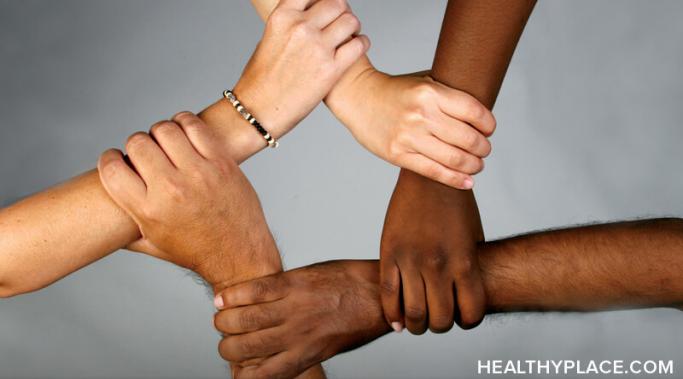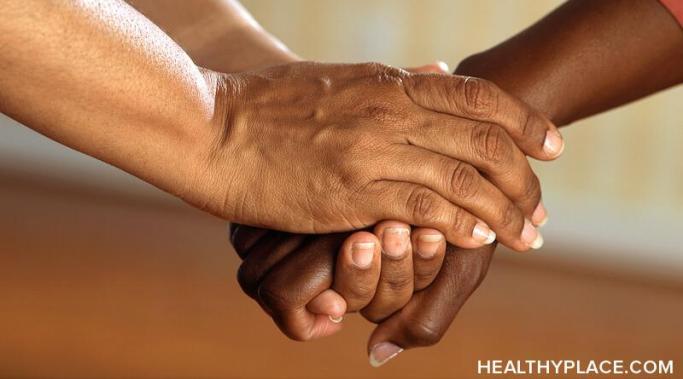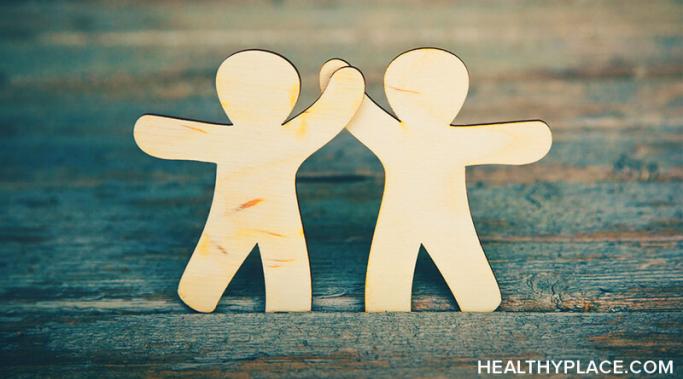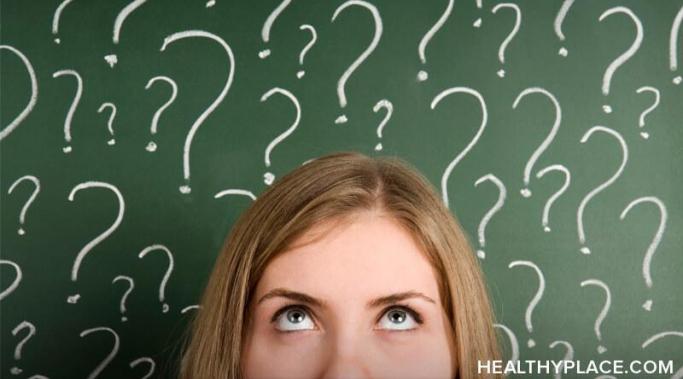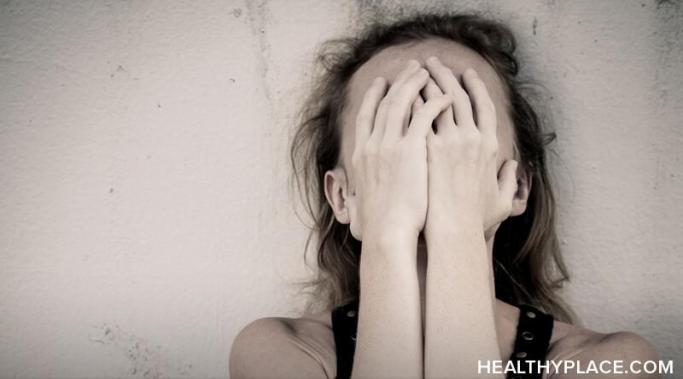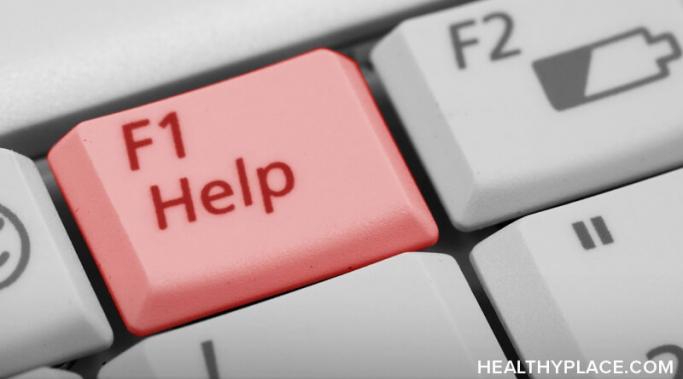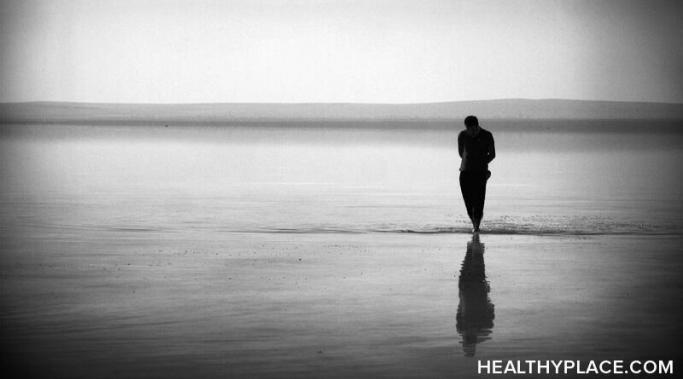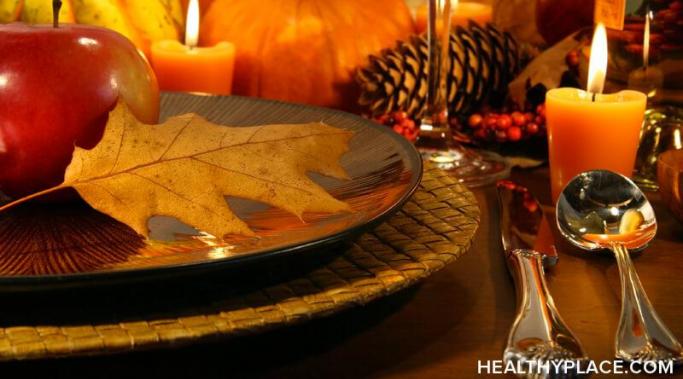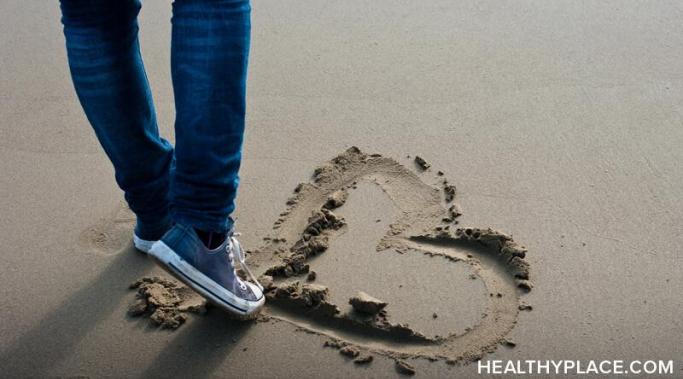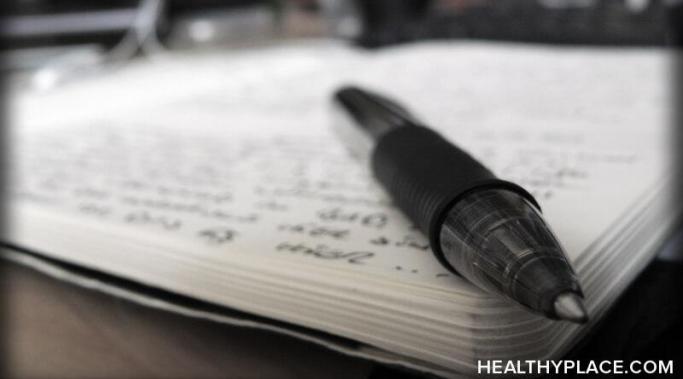Being vulnerable does not come naturally to me (in fact, it downright scares me), but I am learning to confront this fear and explore the art of vulnerability in eating disorder recovery. As I grow in self-awareness, I have realized that I know how to be authentic, courageous, honest, and outspoken—but my most tender, vulnerable parts remain securely under wraps. There is an art to vulnerability.
Friendships
I know it can be hard to believe sometimes, but needing help with eating disorder (ED) recovery is not a sign of weakness. It's one of the bravest actions you can take. Internalized fears or anxieties might whisper in your ear that asking for help means you are a failure, a burden, or a lost cause. But I hope you can trust me on this: Those inner voices aren't telling you the truth. It's okay to need help with ED recovery.
In my own experience, healing is intensive, painful, and humbling work. No one I've met (including myself) has been able to successfully pursue it alone. So, if you could use an extra boost of care, support, advice, or encouragement, don't allow fear to intimidate you from reaching out. I promise needing help with ED recovery is not a sign of weakness.
This week, I received a text from a longtime friend that sent me into an emotional tailspin. As a result, all motivation to care for myself evaporated into thin air. This news she shared was heavy to process, obviously, because I don't want to see her suffer, but also because I have firsthand experience with the issue she is facing.
For most of my life, I was plagued by the question, "What will I do without an eating disorder?" It felt unattainable even to imagine an alternate reality in which those obsessions with food, exercise, or body image weren't constantly humming at the forefront of my brain. Each waking moment was a conquest to burn calories—or simply avoid them altogether. At the time, it seemed euphoric, but now I can see just how bleak of an existence I forced myself to live. So these days, I ask another question: "What can I do without an eating disorder?"
I tend to be much more transparent and vulnerable online than I am in daily face-to-face interactions. When someone I know in real life inquires about my fitness or nutrition habits (because, to the surprise of no one, this is a body-conscious culture), I notice my cheeks start to flush, and I choose the vaguest answer possible. That reaction strikes me as curious, though. Why am I still embarrassed about my eating disorder after all these years?
When I spent three months in residential treatment back in 2010, the clinicians would frequently encourage the other patients and me to communicate and honor our needs. This practice was meant to teach us how to separate our own inner voices from the control and influence of an eating disorder. As well-intentioned as these clinicians were, however, I remember asking myself: "How can I learn to express my needs if I'm not sure what they are?"
I am not the type who writes a meticulous, in-depth list of resolutions each year. But with the start of 2023 just around the corner, I have been reflecting on which aspects of my life should come with me into the future and which ought to be left behind in the past. Which behaviors, mindsets, attributes, or relationships have I outgrown? Which characteristics align with my core values, and which no longer serve the person I want to become?
Each year, as the calendar flips to November, I'm hit with a reminder of how complex the holiday season feels in eating disorder recovery. Of course, that's not unique to those with a history of eating disorders. This time of year can be overwhelming for anyone. In 2021, three out of five surveyed Americans felt their mental health worsen over the holidays, with 60 percent noticing a rise in anxiety and 52 percent noticing a rise in depression. Now couple all that with eating disorder stressors or behaviors, and this hectic season can become even more fraught. So with the 2022 festivities just around the corner, let's acknowledge it: The holidays are complex in eating disorder recovery—and that is alright.
I prefer the version of me without an eating disorder—honestly, I do. Just a few short years ago, I never thought I would be able to utter those words from a sincere, authentic place. But so much about a human can change and transform in recovery. I used to fear that I would not recognize myself in a healed state, that I would lose my sense of personhood in the absence of those compulsions and behaviors I identified with so strongly. This fear still creeps in sometimes, but now I can spot the distortion beneath it. These days, when I look in the mirror, it's deeper than recognition. I see the real me, not the masked, hollow pretense I once believed was me. It feels exposed and vulnerable, but it also feels right.
As someone who has been a professional writer for almost 10 years (and a writing enthusiast for my whole life), I am a firm believer in journaling. Granted, I have not maintained a consistent journaling rhythm in the season where I find myself now. But when I commit to this self-care practice on a regular basis, I feel connected to my goals, priorities, and intentions for healing. Moreover, I am compelled to take meaningful, decisive actions that align with those priorities. So if you, like me, have fallen into a journaling rut over the past weeks or months, here are some journaling topics to refuel your motivation in eating disorder recovery.
